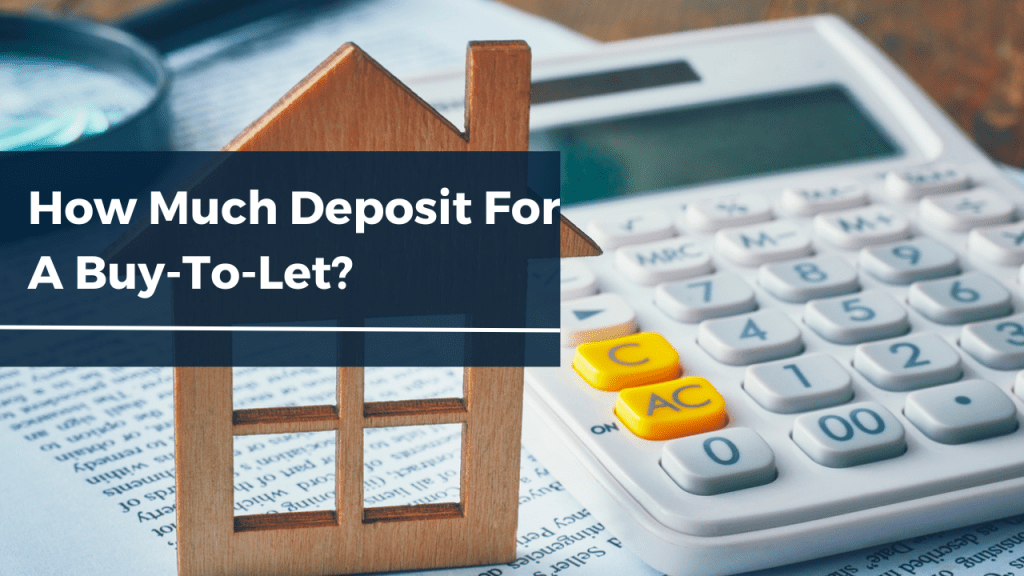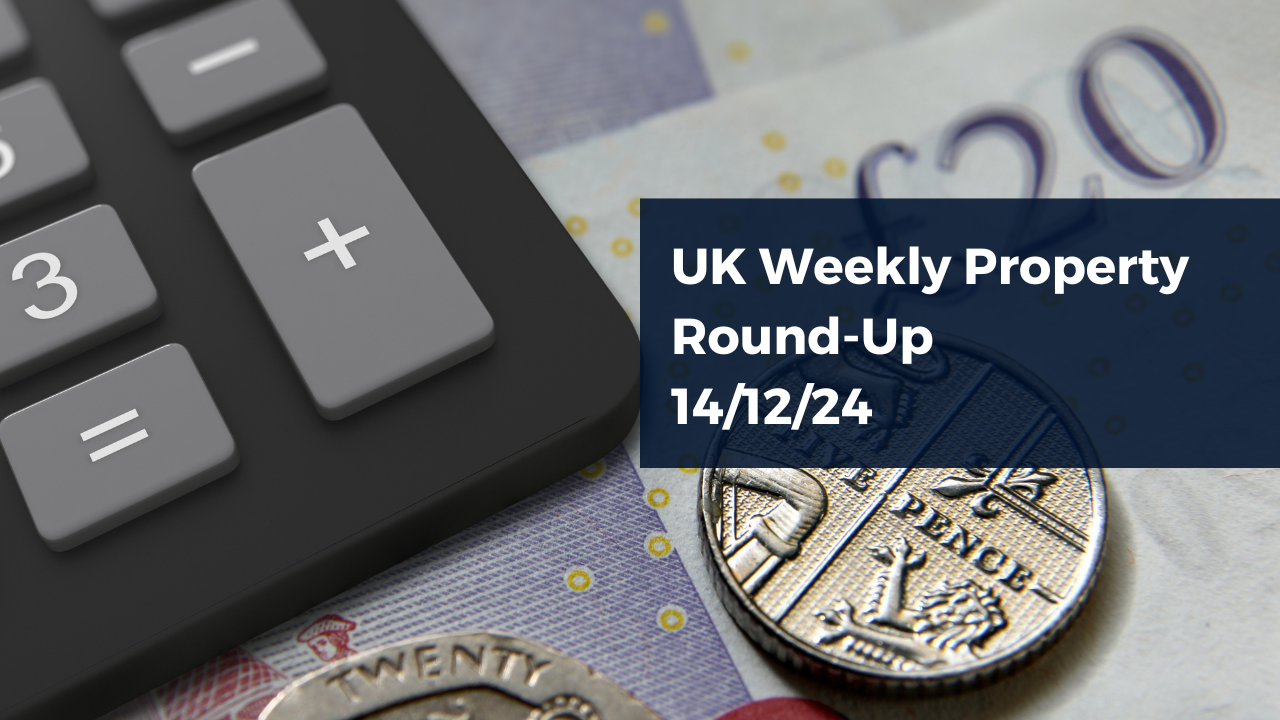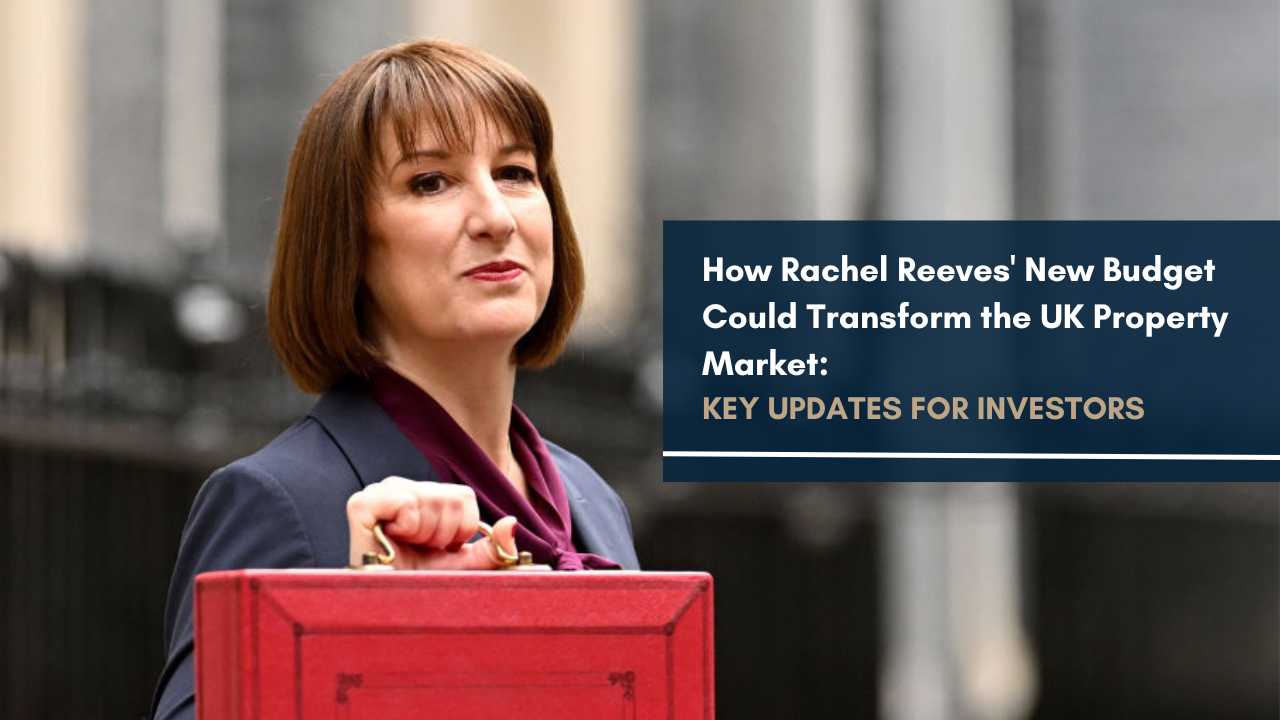Investing in rental properties is an attractive prospect for those looking to generate a passive income or build a property portfolio. For many people, one of the essential steps in getting there is the deposit needed to secure a buy-to-let mortgage.
But one question we regularly receive from new investors is, “How much deposit do I need for a buy-to-let?”.
Whether you’re a first-time buyer or building up your property investment portfolio, the level of deposit you put down has a direct impact on your budget and cash flow as an investor. But knowing how much of a deposit you’ll need can be confusing, especially for first-timers.
In this article, we will:
- Explore how much deposit an investor typically needs for a buy-to-let mortgage and how it compares to standard non-BTL mortgages
- Cover reservation fees for off-plan purchases
- Give a detailed view of the financial considerations involved in property investment
What’s different about a buy-to-let deposit?
A deposit for a buy-to-let property is different compared to a deposit for a standard, residential property due to the increased level of risk associated with the buy-to-let business model. Let’s take a deeper look.
Under the buy-to-let model, landlords purchase a property with the intention of renting it out to tenants. Lenders offer mortgage products to support this model, but they consider it as having a higher level of risk than normal for two main reasons:
- The landlord is reliant on rental income to pay the mortgage. If the property is vacant, or the landlord has an issue collecting payment, it may affect their ability to meet monthly repayments.
- Landlords tend to favour interest-only loans over a classic repayment mortgage. This means the monthly payments do not reduce the amount borrowed from the lender – they only service the interest.Although this means lower monthly repayments, the landlord is banking on the property value appreciating over time to repay the loan.
Lenders account for the increased risk by requesting a larger deposit upfront. As a result, you’ll need more funds on hand than if you were purchasing a property to live in.
How much deposit for a buy-to-let mortgage?
Buyers are typically required to pay between 20% and 40% of the property value as a deposit, with most lenders offering a maximum loan-to-value of 60-80% on buy-to-let mortgages.
This is notably different to most residential mortgages, which usually require deposits of around 10-15%, although some lenders offer mortgages with deposits as low as 5%.
To illustrate, the table below shows the typical deposit you may need for a buy-to-let property at various values. The required capital can quickly stack up, especially at the upper ranges.
| Property value | Lower-range BTL deposit (20%) | Upper-range BTL deposit (40%) |
| £150,000 | £30,000 | £60,000 |
| £200,000 | £40,000 | £80,000 |
| £250,000 | £50,000 | £100,000 |
| £300,000 | £60,000 | £120,000 |
| £350,000 | £70,000 | £140,000 |
In any case, you’ll likely need to scout around to find the best available mortgage deals at the time of your purchase.
The exact deposit you pay depends on several factors, including lender policies, the investor’s financial and employment situation, forecasted rental income and the specific property they are looking to buy – all of which affect the amount you can borrow.
The higher cost can be a barrier to entry for some prospective landlords, particularly first-timers. In fact, there are relatively few buy-to-let mortgage products in the market for non-homeowners – lenders generally want to see evidence that the person has experience in managing their own property and settling mortgage payments on time.
Does the type of property affect the amount of deposit?
Yes, the type of property can affect the deposit. The rule of thumb is that if you’re buying an apartment or a newly built property, you’ll need a larger deposit.
For instance, a mortgage broker likely won’t accept less than a 25% deposit for a newly built flat, and they tend to offer the best loan-to-value deals for previously owned houses.
What size of deposit should I put down on a buy-to-let mortgage?
Generally, it’s better to put down as large a deposit as you can afford. Larger deposits increase your equity share, unlock lower interest rates, and reduce monthly repayments.
However, the decision to put down a smaller or larger downpayment on a house differs from person to person. If you’re struggling to decide the right amount, clarifying your investment goals and risk tolerance is a good place to start.
Although the natural instinct for many is to pay the minimum deposit and put down as little money as possible for a deposit, every option has its pros and cons, and the choice should align with your individual circumstances and objectives.
Pros of a smaller deposit:
- More cash on hand – Putting down a smaller deposit leaves you with more funds to cover renovations on the property or emergencies.
- Accessibility – A smaller deposit makes securing a BTL mortgage accessible to far more people.
- Room to build a portfolio – Experienced buy-to-let landlords often put down smaller deposits so they can spread their money across multiple investments.
Cons of a smaller deposit:
- Higher monthly payments – A smaller deposit results in a larger mortgage, leading to higher monthly payments over a longer mortgage term. This can strain cash flow and reduce your ability to save or invest in other opportunities.
- Interest costs – With a larger mortgage, you’ll pay higher mortgage interest rates over the life of the loan, which potentially reduces your overall return on investment.
- Risk of negative equity – If house prices fall, a smaller deposit increases the risk of your mortgage balance exceeding the property’s value, leading to negative equity.
Proof of deposit source
The majority of mortgage lenders will need to see evidence of where the money for your deposit came from. Here’s a list of common sources:
- Savings
- Inheritance
- Selling another property
- Mortgaging another property
- Gifted deposit
- Loan from family
- Unsecured loan
Off-plan considerations
One of the biggest advantages of purchasing an off-plan rental property is that developers often require a smaller downpayment compared with properties on the standard residential market. This allows investors to secure a property with a relatively modest initial outlay.
The deposit structure and requirements can vary depending on the developer, location and stage of development, so you’ll still need to do your research. Investors should also have a clear idea of other costs that may apply, such as agent fees, stamp duty, capital gains tax, income tax and reservation fees.
More often than not, reservation fees are non-refundable payments made in addition to the deposit. Investors should be taking time to carefully review the agreement before paying the fee. This is where the advice of a professional property investment adviser can prove hugely valuable in terms of vetting opportunities and mitigating risks.
Want to talk it through with the experts?
Deciding on your ideal downpayment and loan-to-value percentage, and then finding the ideal mortgage to match isn’t always easy.
Our friendly team at Track Capital draws on years of experience supporting buy-to-let property investors across the UK and beyond. We’re here to help you source and deliver exceptional buy-to-let property investment opportunities and the best mortgage deals in an ethical manner, at no extra cost.


































